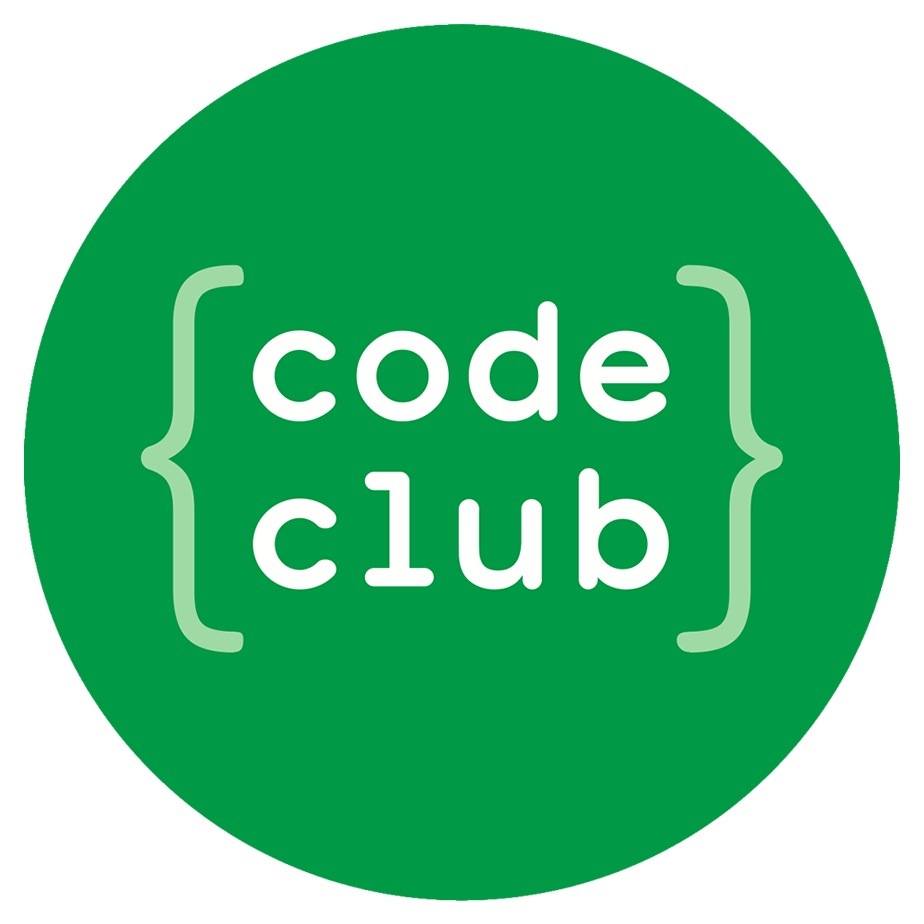
Retired
This book is no longer available for sale.
VueJS Documentation
Offline Ebook PDF Version of the VueJS v2.6.11 Documentation

VueJS Official Documentation in a Kindle / Ebook format which is easy to read. This is version 2.6.11 as hosted on vuejs.org, the idea is to help the community with a portable and easy to read version for offline reference.
About
About the Book
VueJS is a Progressive Javascript Framework. This PDF ebook is a portable offline reference guide for the community, can be printed or synced with your kindle for a better reading experience. It's based on VueJS version v.2.6.11
This is an excellent reference format for VueJS beginners, is not a tutorial just the official documentation for your reference.
"An incrementally adoptable ecosystem that scales between a library and a full-featured framework."
"Already know HTML, CSS and JavaScript? Read the guide and start building things in no time!"
"20KB min+gzip Runtime Blazing Fast Virtual DOM Minimal Optimization Efforts"
Discover, What is VueJS ? and then go through the Getting Started with VueJS to learn how to quickly install VueJS and start building projects !!
Note: The interactive examples which appear in the online documentation couldn't be included in this format.
This book is not officially endorsed by VueJS
Check out other books from the author:
Front End Developer Interview Questions
Author
About the Author
I started my coding career back in 2003. Lately I've been involved a lot in Javascript for frontend and the backend.
I would love passing along to you some of the experiences and challenges I've faced over the years.
Causes
Causes Supported

The Leanpub 60 Day 100% Happiness Guarantee
Within 60 days of purchase you can get a 100% refund on any Leanpub purchase, in two clicks.
Now, this is technically risky for us, since you'll have the book or course files either way. But we're so confident in our products and services, and in our authors and readers, that we're happy to offer a full money back guarantee for everything we sell.
You can only find out how good something is by trying it, and because of our 100% money back guarantee there's literally no risk to do so!
So, there's no reason not to click the Add to Cart button, is there?
See full terms...
Earn $8 on a $10 Purchase, and $16 on a $20 Purchase
We pay 80% royalties on purchases of $7.99 or more, and 80% royalties minus a 50 cent flat fee on purchases between $0.99 and $7.98. You earn $8 on a $10 sale, and $16 on a $20 sale. So, if we sell 5000 non-refunded copies of your book for $20, you'll earn $80,000.
(Yes, some authors have already earned much more than that on Leanpub.)
In fact, authors have earned over $14 million writing, publishing and selling on Leanpub.
Learn more about writing on Leanpub
Free Updates. DRM Free.
If you buy a Leanpub book, you get free updates for as long as the author updates the book! Many authors use Leanpub to publish their books in-progress, while they are writing them. All readers get free updates, regardless of when they bought the book or how much they paid (including free).
Most Leanpub books are available in PDF (for computers) and EPUB (for phones, tablets and Kindle). The formats that a book includes are shown at the top right corner of this page.
Finally, Leanpub books don't have any DRM copy-protection nonsense, so you can easily read them on any supported device.
Learn more about Leanpub's ebook formats and where to read them
Write and Publish on Leanpub
You can use Leanpub to easily write, publish and sell in-progress and completed ebooks and online courses!
Leanpub is a powerful platform for serious authors, combining a simple, elegant writing and publishing workflow with a store focused on selling in-progress ebooks.
Leanpub is a magical typewriter for authors: just write in plain text, and to publish your ebook, just click a button. (Or, if you are producing your ebook your own way, you can even upload your own PDF and/or EPUB files and then publish with one click!) It really is that easy.